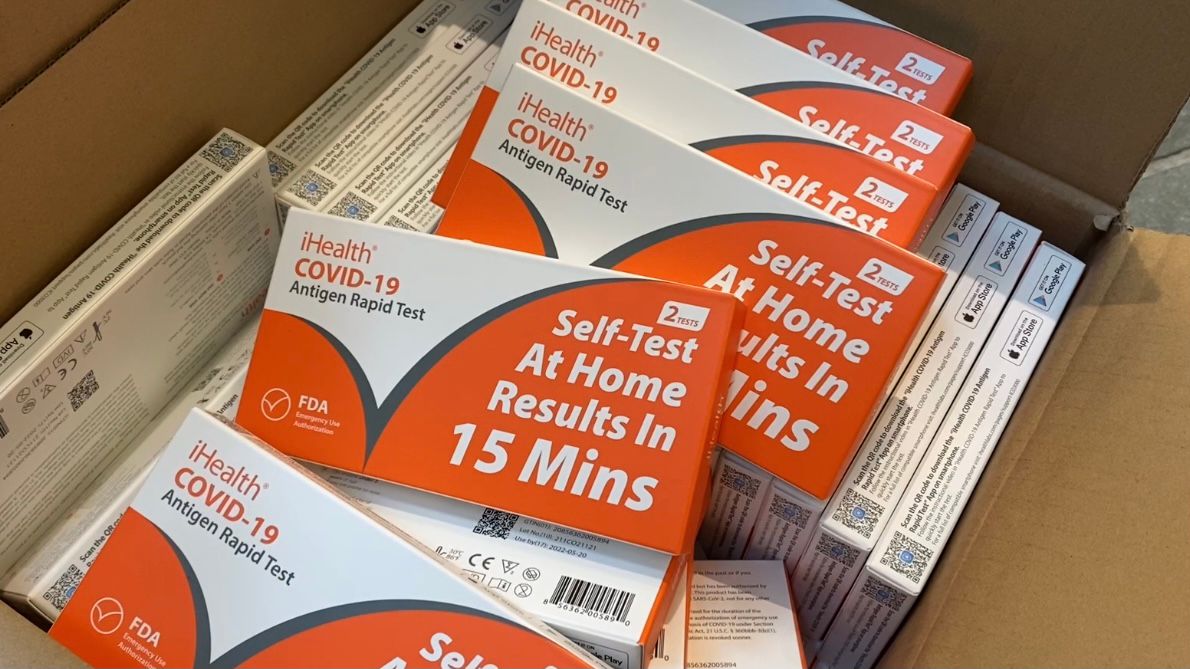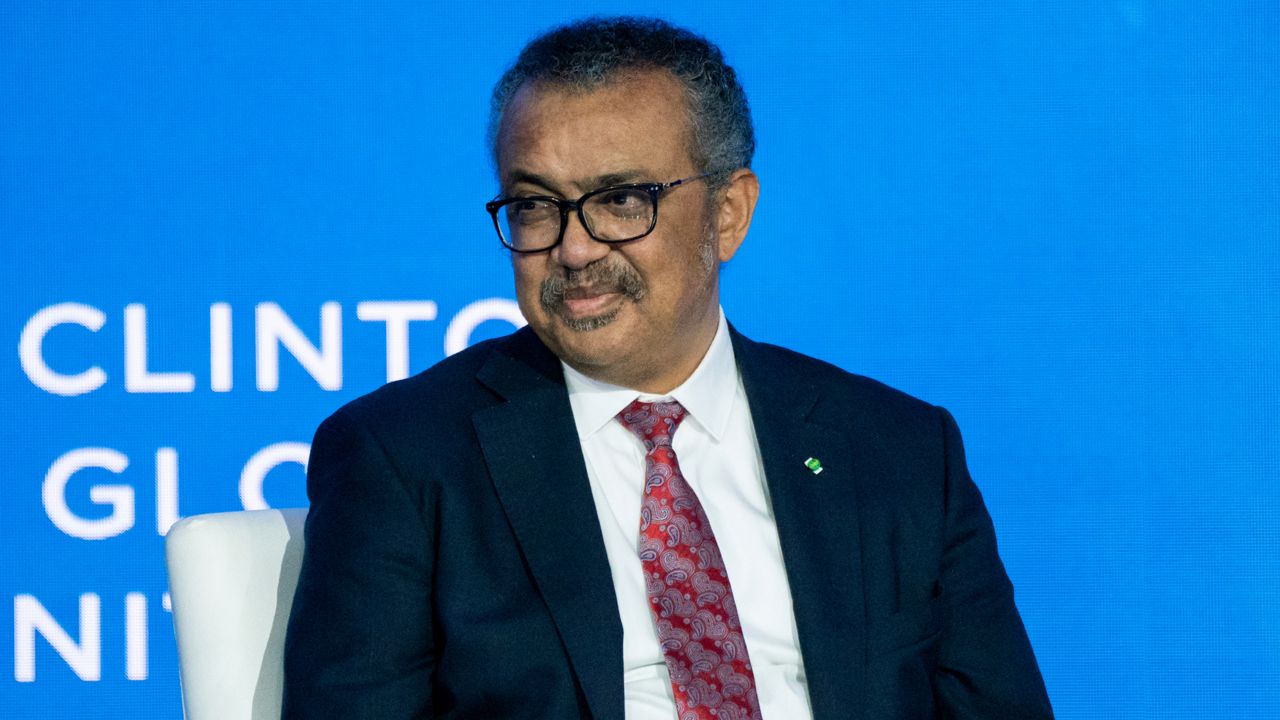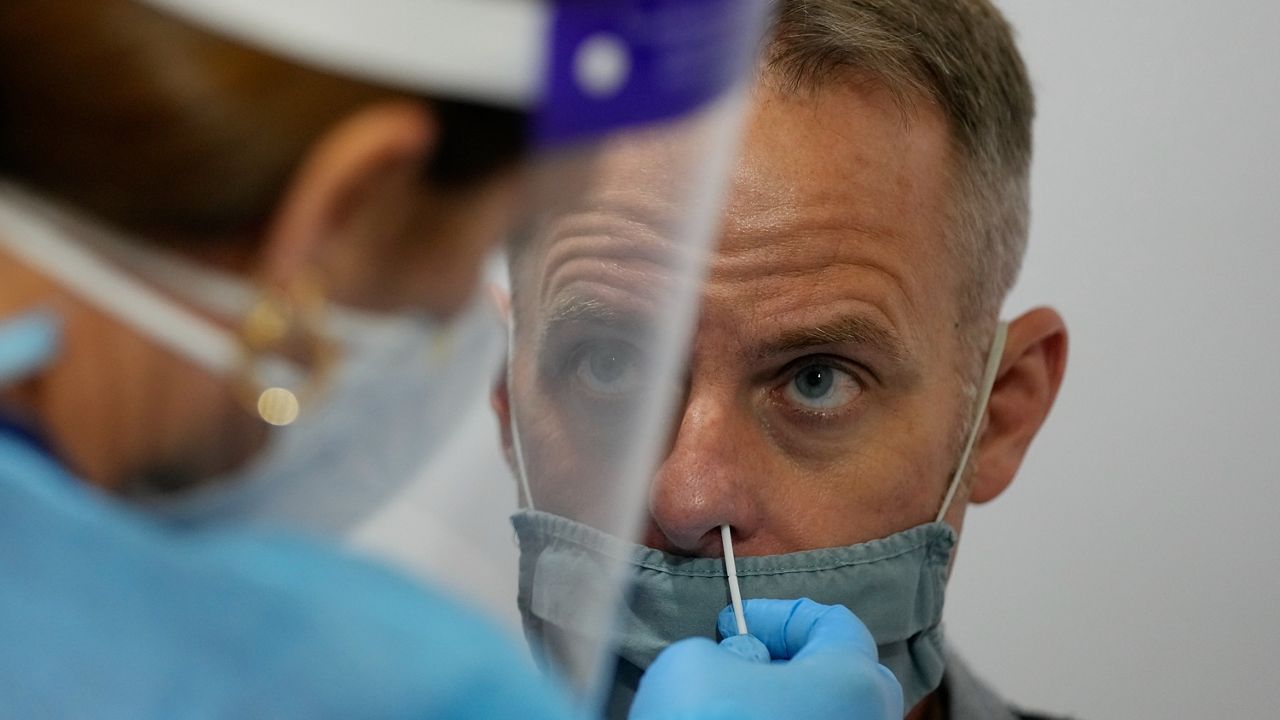LOUISVILLE, Ky. — For Joe Kinsinger, waiting to get his second dose of the COVID-19 vaccine Wednesday at Robley Rex VA Medical Center in Louisville made him feel closer to something else.
“That everything is lining up for me to get the kidney. One step at a time,” the 68-year-old said.
What You Need To Know
- One Kentuckian has been awaiting a kidney transplant for over five years
- Since he's considered high-risk, Joe Kinsinger received the Moderna COVID-19 vaccine on January 6
- Vaccines are recommended for those awaiting transplants, since they're less effective after the transplant
- The COVID-19 vaccine is not a requirement for recipients of a transplant
The army veteran said he was told five years ago he would need a kidney transplant, and he is currently being evaluated for one by Veterans Affairs (VA).
“I’m right on the verge of getting a transplant, just a little bit of waiting. Might be next week, might be next month, might be a year, but I’m right there,” Kinsinger said.
Kinsinger told Spectrum News 1 that he’s received dialysis three times per week since November 2016. Since he is considered high-risk if he gets COVID-19, he was eligible to get the Moderna vaccine at Robley Rex VA Medical Center, which started vaccinating eligible veterans last month, on January 6. Kinsinger was one of the veterans that day to get his first dose of the vaccine.
Dr. Kelly Birdwell, medical director of the Veterans Affairs kidney transplant program in Nashville, thinks Kinsinger made a smart choice to get the vaccine to protect himself.
“We’re trying to follow what the American Society of Transplantation is recommending. It’s our expert society, as well as the CDC guidelines, and at this point in time the recommendation is that anyone waiting for a transplant should get the COVID vaccination. That that’s the ideal time to get the vaccine,” Dr. Birdwell explained.
Dr. Birdwell said it’s recommended to get the vaccine prior because after transplantation, vaccines don’t work quite as well.
“It’s not to say they are not effective, but we know from previous studies in other common vaccinations, including like the influenza vaccination, that the antibody titers mounted by patients on immunosuppression for transplants, the titers aren’t as strong, and they don’t necessarily last as long,” Dr. Birdwell said.
Currently, Dr. Birdwell said getting the COVID-19 vaccine is not a requirement for recipients of a transplant.
“We would strongly recommend it, and we’ve even had the case where some people have gotten their first dose of the vaccine and been actually called in for a transplant, and so we actually are not delaying transplantation in those cases. We would rather the patient get transplanted, and then we’ll deal with the vaccination on the back end after the transplant procedure,” Dr. Birdwell said.
According to the American Society of Transplantation’s (AST) online COVID-19 Vaccine FAQ sheet, the recommendation is to get the COVID-19 vaccine more than two weeks prior to receiving a transplant.
“If given prior to transplant, ideally both doses should be completed before transplant, however, transplant deferral to complete the vaccine series should not be routinely done and needs to be decided on a case-by-case basis,” AST’s online FAQ sheet reads.
Dr. Birdwell explained that timeframe allows time for the immune system to build up antibodies.
“Because at the time of transplantation we do give strong IV medications to immediately suppress the immune system, and then people are also started on oral medications after that,” Dr. Birdwell said.
She further explained the guideline is to hopefully get a more effective response from the vaccine dosage a transplant candidate gets versus waiting until post-transplantation.
For transplant recipients, vaccines are recommended starting at one to six months post-transplantation, which is recommended for similar reasons, Dr. Birdwell said.
“Obviously, vaccine doses are scarce, and we want the vaccine to be effective, and we don’t want to give the vaccine and not get an optimal response. So that’s why the recommendation at this point is to wait at least one to six months afterwards so hopefully they get a better response,” Dr. Birdwell told Spectrum News 1.
Dr. Birdwell said for the transplant program she oversees, if a transplant recipient does get COVID-19, they usually want the transplant candidate to be over the disease for about a month before performing a kidney transplantation.
Kinsinger said he’s been more focused on his kidney transplant than worrying about getting COVID-19, but he said it is a relief to get the second dose of the vaccine.
“Just makes me feel good that I know that things are going forward to gettin’ what I need to get,” Kinsinger said.
For more information on transplantation candidates and recipients receiving the COVID-19 vaccine, read the American Society of Transplantation’s online COVID-19 Vaccine FAQ sheet here.









